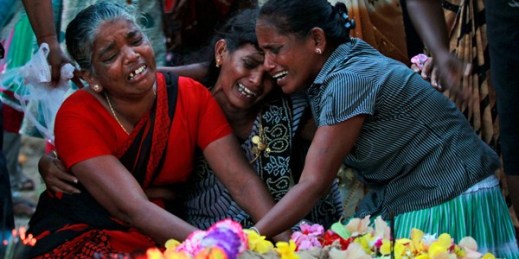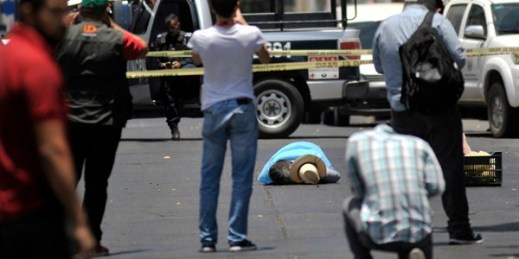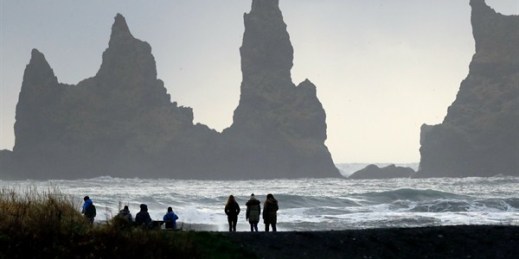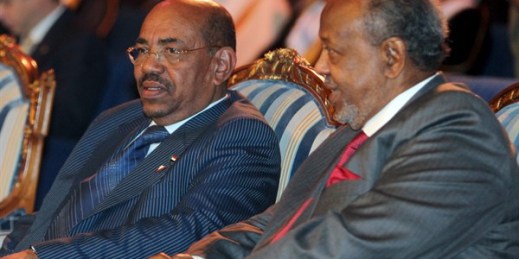
COLOMBO, Sri Lanka—In June 2009, one month after Sri Lanka’s 26-year civil war ended, a Tamil mechanic named Sri was abducted while he was walking home from work in the country’s eastern Batticaloa District. His wife, Jaya, heard the news from neighbors, who watched as two men on a motorcycle grabbed Sri and forced him between them on their bike before speeding off. Jaya, who was seven months pregnant at the time, searched all over Batticaloa for Sri, including in various military camps, but could not find him. She tried to lodge a complaint—known as a first information report, or […]



